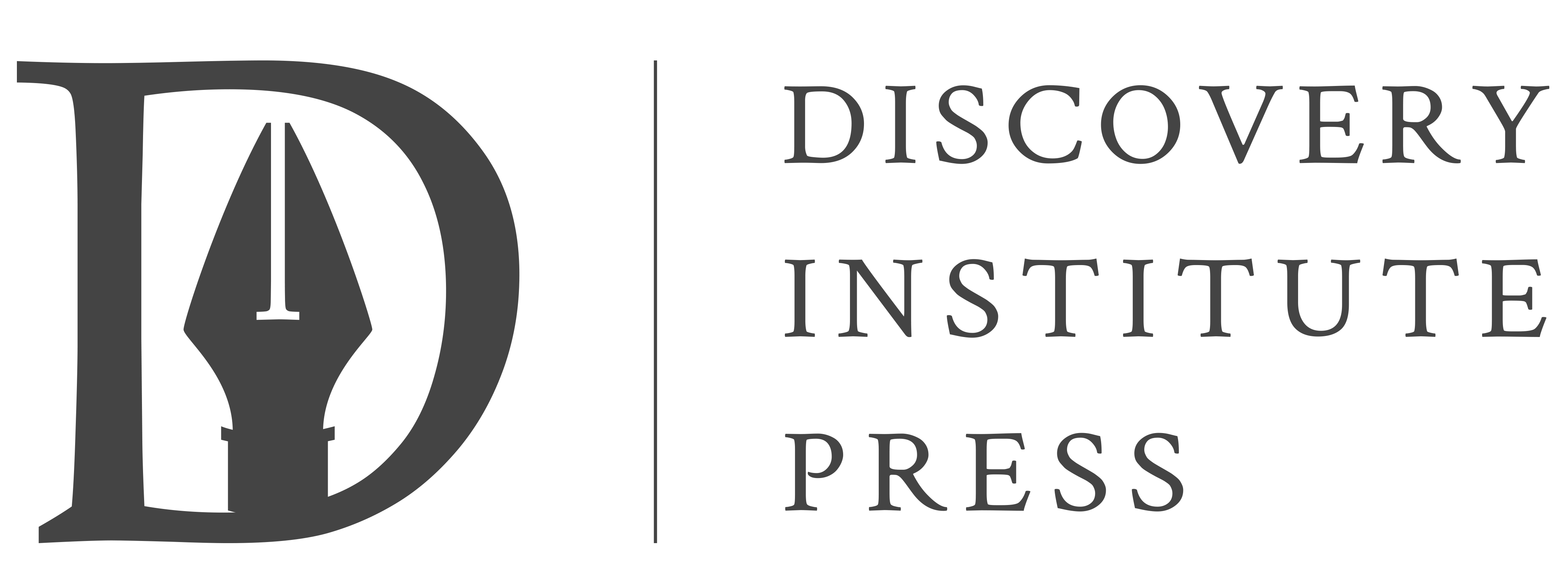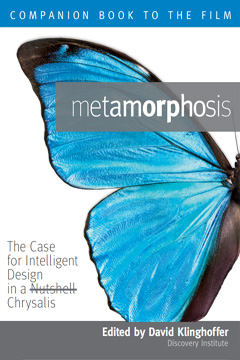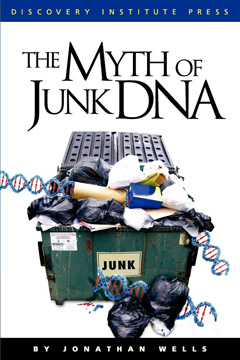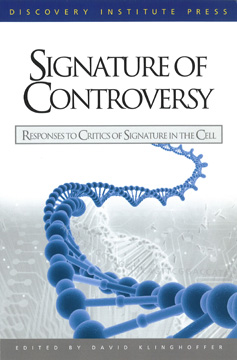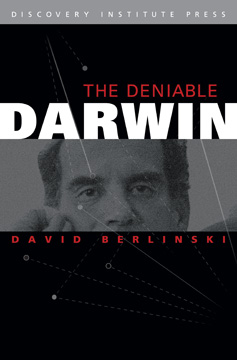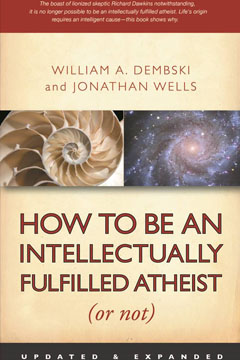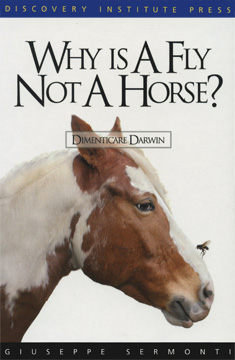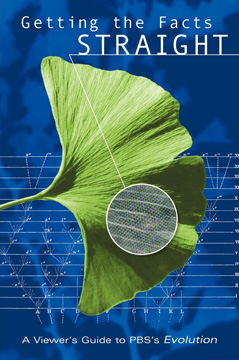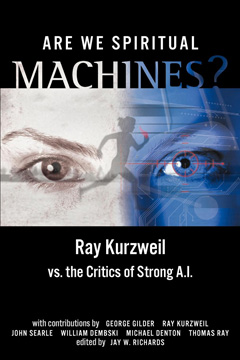About the Book
Throughout history, butterflies have fascinated artists, philosophers, scientists and schoolchildren with their profound mystery and beauty. Illustra Media’s new film Metamorphosis explores the remarkable world of butterflies as few documentaries have before, tracing their amazing transformation from caterpillars into winged masterpieces through MRI imaging, computer animation, and stunning nature footage. How did these extraordinary creatures come into being? Are they the products of a blind, undirected process? Or were they the result of intelligent design? In this digital companion to the film, learn more about both the science and artistry of butterflies, how butterflies challenge Darwinian evolution, and how they point toward intelligent design. This 94-page book includes more than twenty stunning full-color photos (many taken during the production of the film) and is introduced by a special message from best-selling novelist Dean Koontz.
Continue reading “Metamorphosis: The Case for Intelligent Design in a Chrysalis”